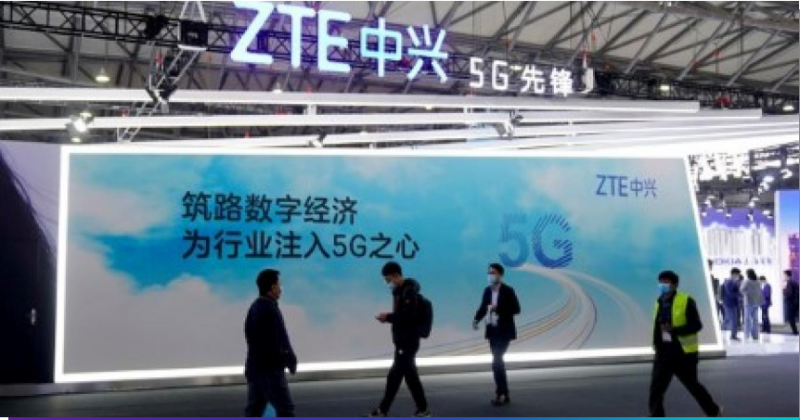
China: China's largest wire and cable producer Far East Cable on Tuesday accused the US Commerce Department of breaching export laws by sending telecommunications equipment to Iran.
According to the Commerce Department chargesheet, Far East Cable entered into a contract in 2013 to purchase equipment from Chinese telecommunications equipment maker ZTE Corp, and later made deals with Iranian firms to supply telecommunications equipment and parts. . Far East Cable was accused of breaching US export laws 18 times between September 2014 and January 2016.
According to the charging letter, Far East Cable entered into an agreement in 2014 with the Telecommunications Company of Iran (TCI) and another Iranian business, Khadamate Ertebati Rightel.
They were both ZTE customers, and the company stopped shipping US-origin goods to Iran in 2012, when Reuters disclosed that there were agreements from US companies to distribute products to TCI despite US sanctions on Iran. However, the letter claimed that the following year, ZTE planned to resume shipments to Iran through third parties, despite an investigation by the Commerce Department.
A statement by John Sonderman, a Department of Commerce official, claimed that the Far East cable "acted as a cut-out for ZTE, at the time ZTE facilitated ZTE shipments to Iran, at the same time that ZTE would be able to deliver ZTE shipments to Iran." Knew it was under investigation for the exact same conduct."
Requests for comment from ZTE and Far East Cable were not immediately met. Far East Cable has 30 days to respond to the charging letter, which is dated 29 July.
ZTE agreed to pay a US$892 million fine and in 2017 pleaded guilty to breaking US laws that prohibit the sale of US-made products in the US to Iran. It also admitted to obstructing justice, after executing a complex plan to hide its illegal Iranian business.
Until 2018, when it was revealed that ZTE was lying about disciplining employees associated with the original wrongdoing, ZTE was allowed to continue purchasing American goods and technology.
The maker of smartphones and network equipment was banned in April 2018, barring sales to ZTE from US businesses that supplied between 25% and 30% of the components used in their devices. But after three months, the Trump administration lifted the ban after ZTE paid US$1 billion, changed its leadership, and agreed to other terms.
ZTE's court-ordered probation ended in March as a result of its guilty plea in 2017, but it is still being watched by monitors selected by the Commerce Department.
China publishes a white paper pledging its "greatest sincerity" regarding the unification of Taiwan
Sad and stranded Indian students desperate to go back to China
N.Korea sends letter to China accusing Pelosi of Taiwan trip